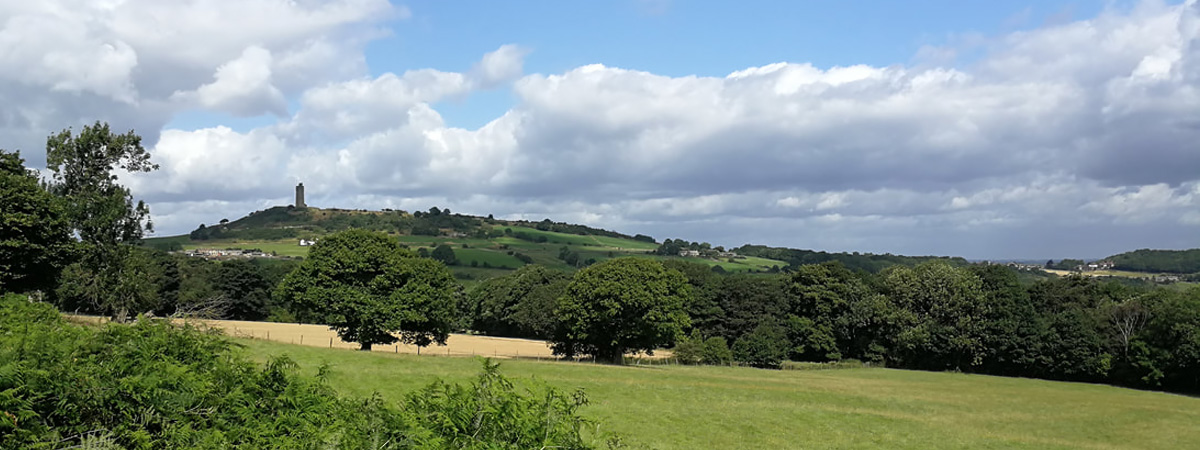GAIA (Geoscience Access, Inclusion and Attainment) is a University of Huddersfield led project aiming to widen participation in geoscience undergraduate degrees as well as understand some of the barriers to access facing under-represented groups
STUDENTS from underrepresented backgrounds who are studying science at either A-Level or BTEC will have the opportunity to take part in a free non-residential three day event to discover everything they need to know about studying environmental sciences at university.
GAIA (Geoscience Access, Inclusion and Attainment) is a University of Huddersfield led project aiming to widen participation in geoscience undergraduate degrees as well as understand some of the barriers to access facing under-represented groups.
The project involves a series of fully-funded events, including workshops and a three-day, non-residential spring school in geoscience, for participants aged 16+ who have some educational background in science, geography or geology.
"All participants need is to have some secondary educational background in science, geography or geology and have an interest in studying the subject at university level."
Dr Bethany Fox
The project team includes Beth Fox, A C Davidson, Vicki Trowler and Rukhsana Din from the School of Applied Sciences, the Students' Union Equalities Officer Chido Nyakonda and Student Voice Officer Raphaella Ward; and geography undergraduate students Maisy Neame, Joshua Woolley and Jess Hodson. Advising the team are Victoria Ayodeji and Anjana Khatwa.
The project is being funded by the National Environment Research Council as part of a nationwide effort to make environmental sciences equal, diverse and inclusive.
The events are completely free to attend and participants will be paid the equivalent of the National Living Wage for their time spent at the events. Transport and food will be reimbursed and the team aim to cover caring costs for participants who have childcare or other caring responsibilities.
"We're looking to reduce barriers to access to the events as much as we can," said Dr Fox. "All participants need is to have some secondary educational background in science, geography or geology and have an interest in studying the subject at university level.
"We feel really strongly about opening this opportunity up to those who aren't necessarily getting four A stars at A-level, for example, or who have had a non-traditional educational background," she added. "We are also looking for people from under-represented groups who have a degree in geoscience or geography to showcase on our website as role models for those who might have an interest in the subject."
For the purposes of the project, underrepresented groups include those from Black, Asian and minoritized ethnicity backgrounds; LGBTQIA+; people with disabilities; first in family to go to university; those from low-income households; people in care or who have experienced care; and young people with a caring responsibility. These groups are underrepresented in Geoscience-related disciplines at undergraduate level, according to HESA.
Anyone who would like to attend one of the events, act as a role model, or learn more about the project can find all the details at https://geoaccess.weebly.com.
Under the same NERC call Dr Thomas Smyth and Dr Robert Allan are partners in a project led by University of Salford and also partnered by University of York; their project is titled 'Challenging Individuals, Evolving Teams and Changing Cultures to Showcase Environmental Science Careers as Open to All'.
The University has been working hard to enhance equality, diversity and inclusion amongst staff and students and recently became a Stonewall Global Diversity Champion and a signatory to the Race Equality Charter.







